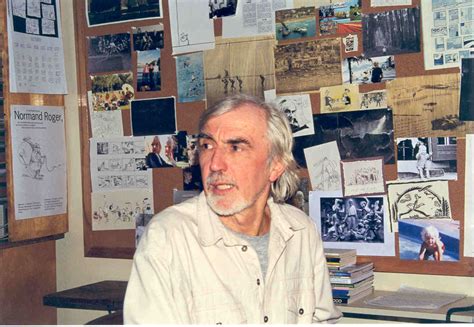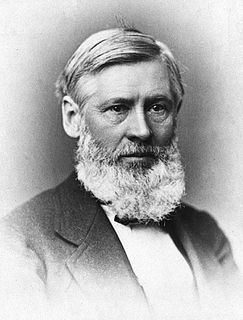A Quote by Naomi Oreskes
Scientists have been saying, for an awfully long time, that we're all interconnected. Scientists would use the word 'ecosystem' to express that idea. Obviously, people can't survive without air and water, and we rely on plants and animals for food, and plants and animals rely on us to preserve their habitats.
Related Quotes
What a difference that extra 120 ppm has made for plants, and for animals and humans that depend on them. The more carbon dioxide there is in the atmosphere, the more it is absorbed by plants of every description - - and the faster and better they grow, even under adverse conditions like limited water, extremely hot air temperatures, or infestations of insects, weeds and other pests. As trees, grasses, algae and crops grow more rapidly and become healthier and more robust, animals and humans enjoy better nutrition on a planet that is greener and greener.
Children have an anxious concern for living beings, and the satisfaction of this instinct fills them with delight. It is therefore easy to interest them in taking care of plants and especially of animals. Nothing awakens foresight in a small child such as this. When he knows that animals have need of him, that little plants will dry up if he does not water them, he binds together with a new thread of love today's passing moments with those of the morrow.
Plants don't think. Animals are guided by the power of instinct over which they themselves have no control. Animals have a certain kind of brain that makes it impossible to learn anything except very simple things. No generation of animals ever learns anything from any previous generation. We act like animals when we fail to use this magnificent piece of equipment.
The world of organisms, of animals and plants, is built up of individuals. I like to think, then, of natural history as the study of life at the level of the individual-of what plants and animals do, how they react to each other and their environment, how they are organized into larger groupings like populations and communities.
The suffering that food animals undergo, the suffering of those who eat them and profit by them, the suffering of starving people who could be fed with the grain that feeds these animals, and the suffering we thoughtlessly impose on the ecosystem, other creatures, and future generations are all interconnected. It is this interconnectedness of suffering, and its reverse, of love, caring, and awareness, that calls out for our understanding.
Yes, all of life is sacred, including plants; and yes, there is research that demonstrates that plants have feelings - they feel it when their leaves or stems are ripped - and there is scientific evidence that while plants do not have brains and nervous systems like animals, they nevertheless actively work to ensure their survival - they want to live, thrive, reproduce, evolve.






































